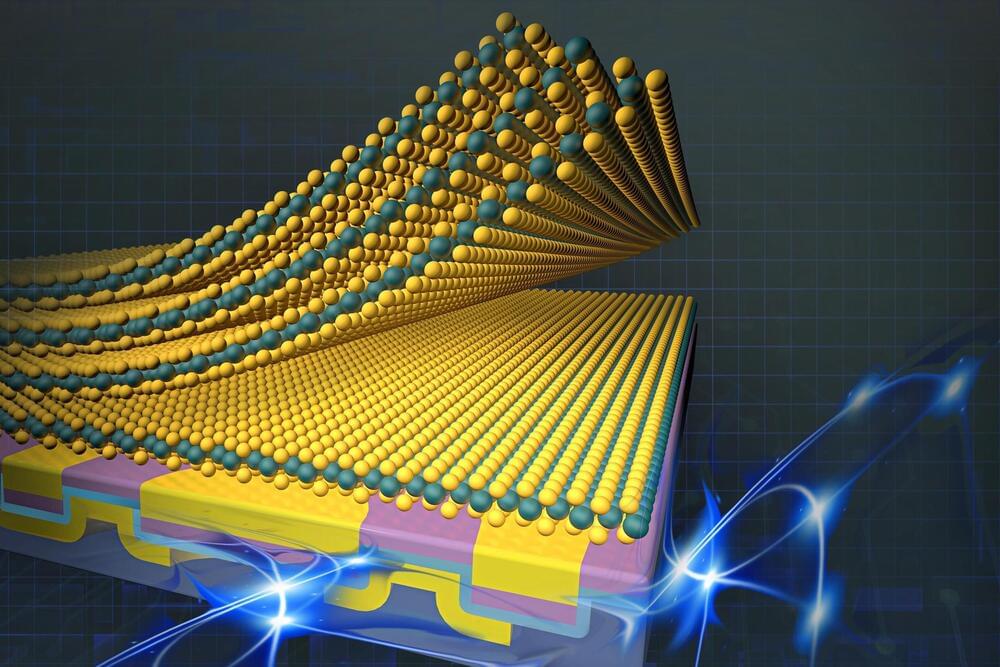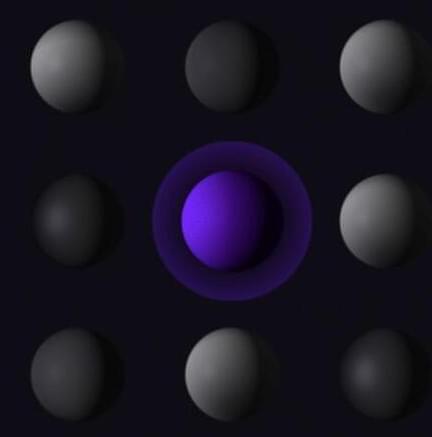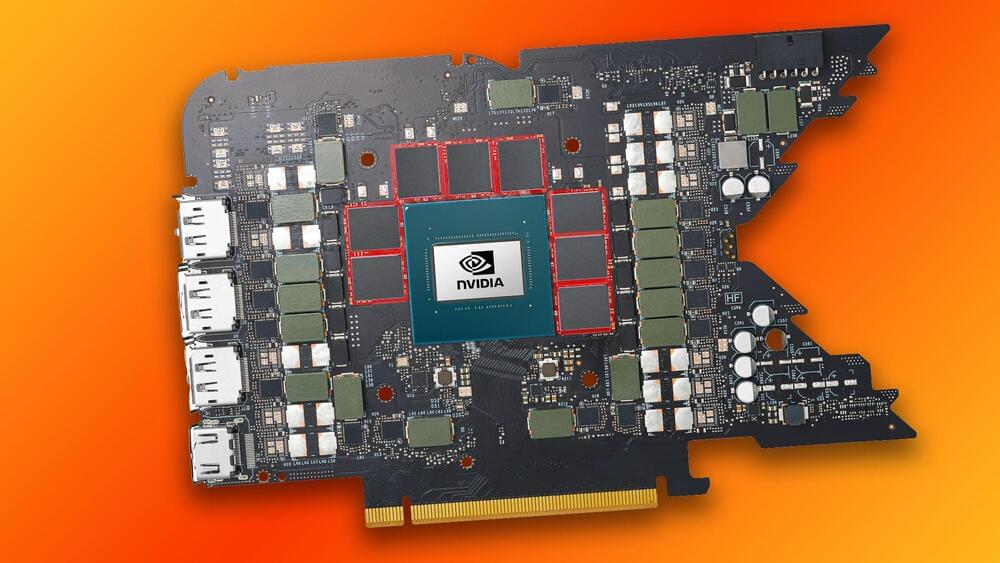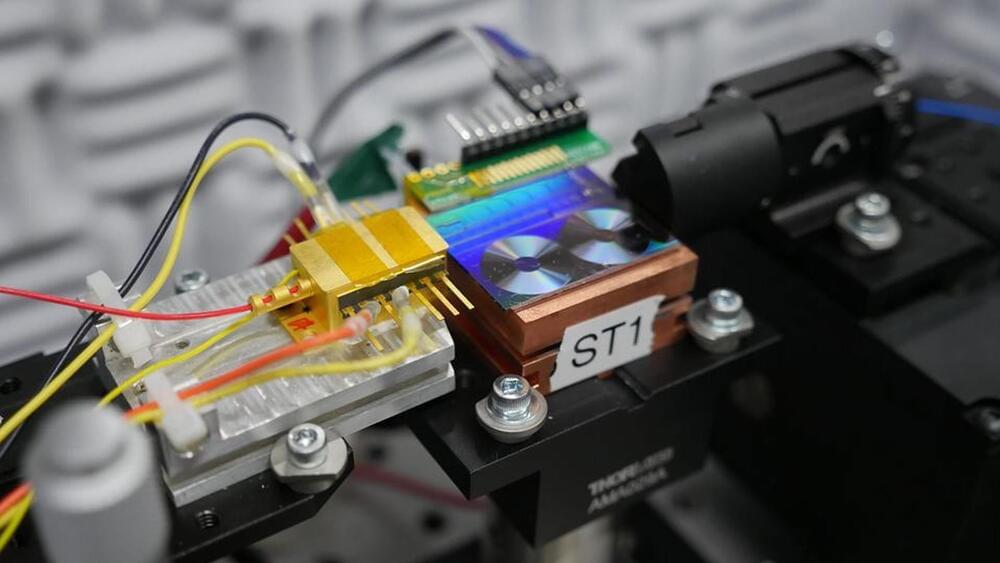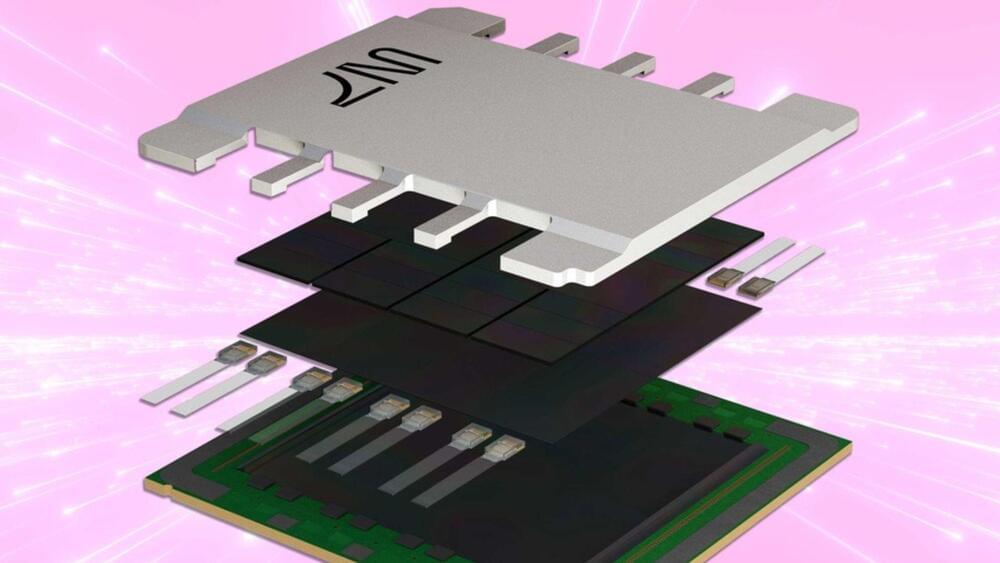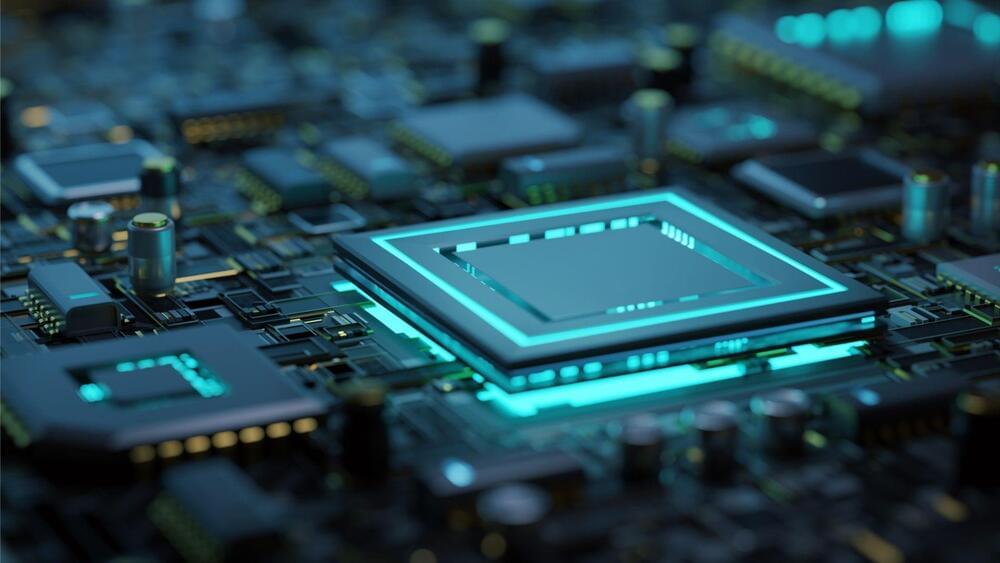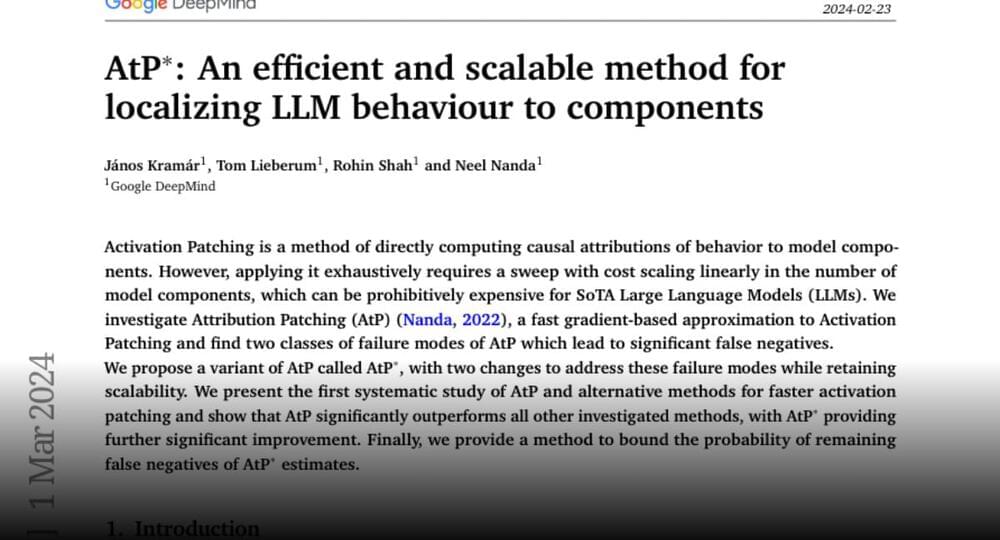Archive for the ‘computing’ category: Page 127
Mar 10, 2024
Next gen Intel CPU reveal looks set to be sooner than expected
Posted by Shailesh Prasad in category: computing
Computex trade show lines up Intel CEO Pat Gelsinger to deliver keynote, and he’s expected to showcase Intel’s new Arrow Lake Core CPUs.
Mar 10, 2024
Stunning visionOS 2 concept shows off 7 features I want Apple to add to the Vision Pro
Posted by Shailesh Prasad in category: computing
I hope visionOS 2 brings at least these seven Apple Vision Pro possible features to help Apple improve its first spatial computer.
Mar 10, 2024
Next-Gen Electronics Transformed: MIT’s 2D Integration Breakthrough
Posted by Saúl Morales Rodriguéz in categories: chemistry, computing, particle physics
MIT ’s breakthrough in integrating 2D materials into devices paves the way for next-generation devices with unique optical and electronic properties.
Two-dimensional materials, which are only a few atoms thick, can exhibit some incredible properties, such as the ability to carry electric charge extremely efficiently, which could boost the performance of next-generation electronic devices.
But integrating 2D materials into devices and systems like computer chips is notoriously difficult. These ultrathin structures can be damaged by conventional fabrication techniques, which often rely on the use of chemicals, high temperatures, or destructive processes like etching.
Mar 9, 2024
What You Need to Know to Build a Quantum Implementation Roadmap with the Arrival of Quantum Error Correction
Posted by Shubham Ghosh Roy in categories: computing, government, quantum physics
Excitement about the era of Quantum Error Correction is reaching a fever pitch.
By Prof Michael J Biercuk, CEO and Founder, Q-CTRL
Excitement about the era of Quantum Error Correction (QEC) is reaching a fever pitch. This has been a topic under development for many years by academics and government agencies as QEC is a foundational concept in quantum computing.
Mar 9, 2024
GPU memory just got a whole lot faster
Posted by Shailesh Prasad in categories: computing, futurism
The new GDDR7 VRAM standard for future graphics cards has now been published by JEDEC, showing a big improvement in memory bandwidth.
Mar 9, 2024
New light-to-microwave converting tech could revolutionize GPS, radars
Posted by Gemechu Taye in category: computing
“The goal is to make all these parts work together effectively on a single platform, which would greatly reduce the loss of signals and remove the need for extra technology,” said Quinlan. “Phase one of this project was to show that all these individual pieces work together. Phase two is putting them together on the chip,” he added.
A team of researchers from several prestigious institutions helped NIST with this amazing achievement. These included the University of Colorado Boulder, the NASA Jet Propulsion Laboratory, the California Institute of Technology, the University of California Santa Barbara, the University of Virginia, and Yale University.
“I like to compare our research to a construction project. There are a lot of moving parts, and you need to make sure everyone is coordinated so the plumber and electrician show up at the right time in the project,” said Quinlan. We all work together really well to keep things moving forward,” he added.
Mar 9, 2024
Advanced computing: Startup races towards light-based solutions
Posted by Gemechu Taye in category: computing
Founded by three MIT alumni, Lightmatter aims to revolutionize chip communication and calculation using photonic technologies.
Mar 9, 2024
Scientists create 3D reflector chip to boost tiny tech with 6G speeds
Posted by Gemechu Taye in categories: computing, internet
A team of researchers at Cornell University has created a semiconductor chip that will allow ever-tinier devices to function at the higher frequencies required for the next generation of 6G communication technology.
In addition to requiring more bandwidth at higher frequencies, the next generation of wireless communication also demands more time. According to researchers, the new semiconductor provides the appropriate time delay to prevent signals from dissolving at a single point in space after being relayed over numerous arrays.
Mar 9, 2024
Paper page — AtP*: An efficient and scalable method for localizing LLM behaviour to components
Posted by Cecile G. Tamura in category: computing
Google presents AtP
An efficient and scalable method for localizing LLM behaviour to components.
Activation Patching is a method of directly computing causal attributions of behavior to model components.



